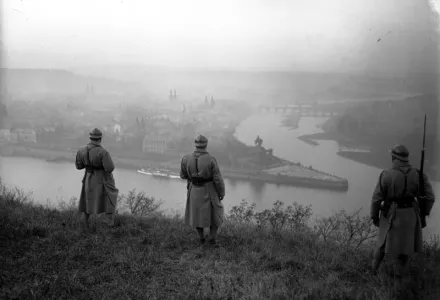Speaker: Anatoly Levshin, Postdoctoral Fellow, International Security Program
Why do states conclude treaties restricting the use of military power in particular geographical domains or against particular states? Across the past two centuries, states have concluded over seventy such pacification agreements. Examples include the neutralization of Belgium (1839–1919), demilitarization of the Rhineland (1919–1936), and renunciation of the right of war under the League of Nations (1920–1946) and United Nations (1945–).
The practice of pacification agreements is doubly puzzling. First, the sovereignty and autonomy costs of pacification agreements are substantial. Why do some states agree to pay these costs at least some of the time? Second, there is considerable variation in the institutional design of pacification agreements concluded by different states at different junctures. What explains that variation?
This seminar will explore these questions. The arguments will be developed that pacification agreements should be understood as strategic solutions to the risk of inefficient escalation of interstate wars — that is, escalation in intensity and scope beyond the point of profit for all belligerents — and that variation in their institutional design should be understood as deliberate adaptation to shifts in the perceived distribution of that risk.
This argument will be validated using case studies composed with original archival research. The case studies will explore the origins of two of the most ambitious pacification agreements: the Covenant of the League of Nations and Charter of the United Nations. The case studies will be centered on the institutional imaginations of five policymakers and statesmen in who played pivotal roles in the creation of these world organizations: U.S. President Woodrow Wilson; Lord Robert Cecil, who led the British delegation to the League of Nations Commission at the Paris Peace Conference; U.S. President Franklin D. Roosevelt; Lord Gladwyn Jebb, a Counsellor at the British Foreign Office who remained at the forefront of British planning on the United Nations throughout the Second World War; and Commissar Maxim Litvinov, Deputy Minister for Foreign Affairs of the Soviet Union who chaired a wartime planning commission which Joseph Stalin personally charged with crafting Soviet proposals to the Dumbarton Oaks Conference (1944)
Open to Harvard ID Holders Only: Admittance will be on a first come–first served basis. Coffee &Tea Provided.




